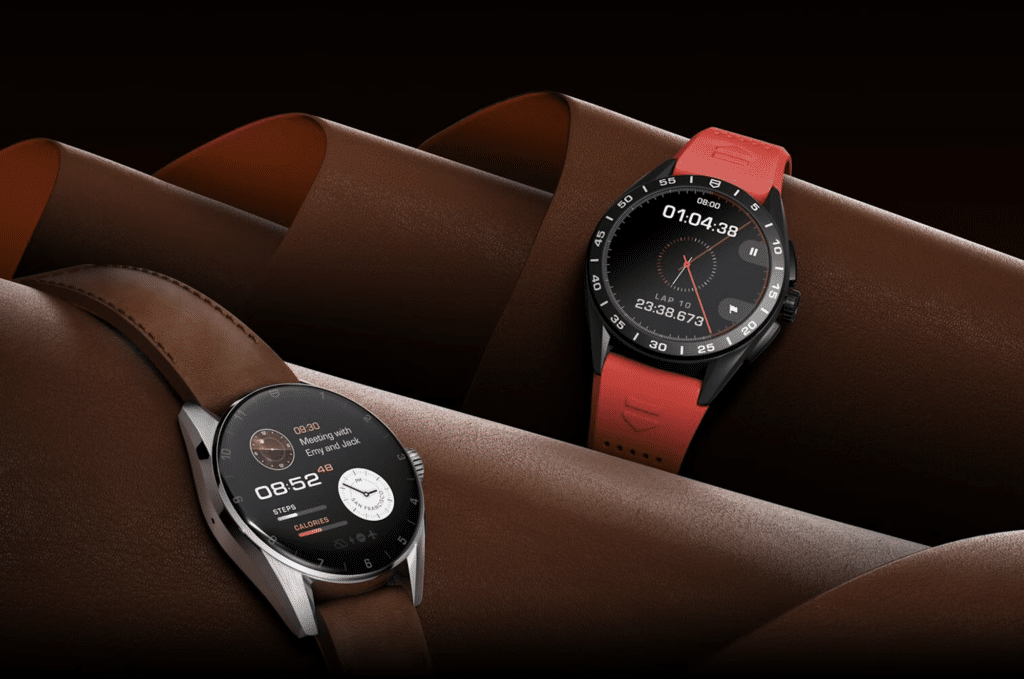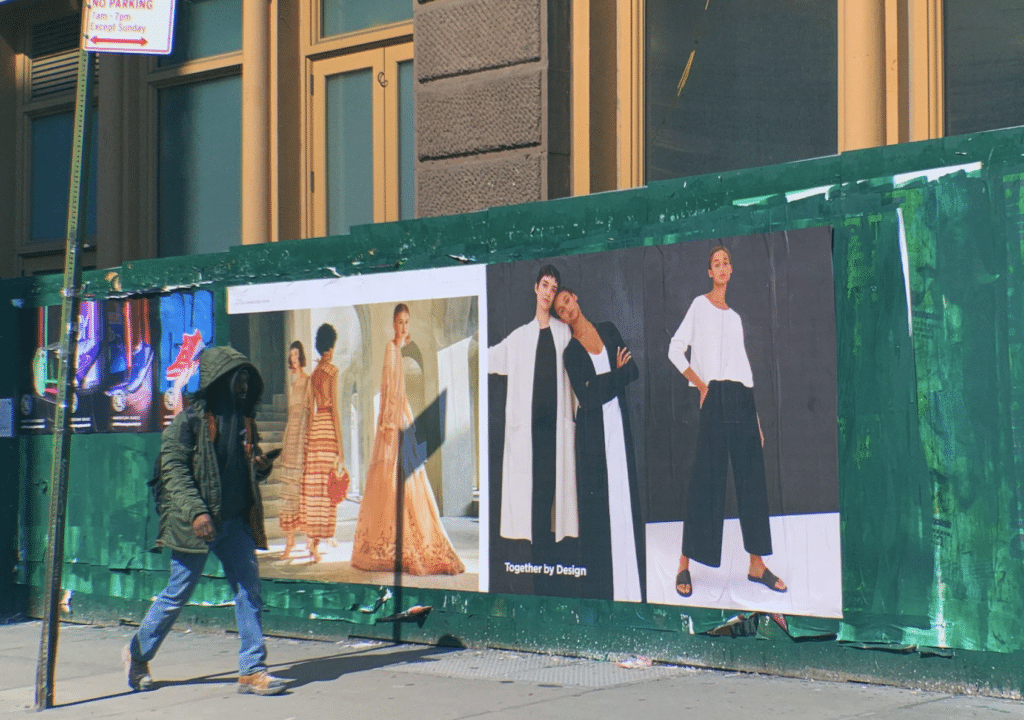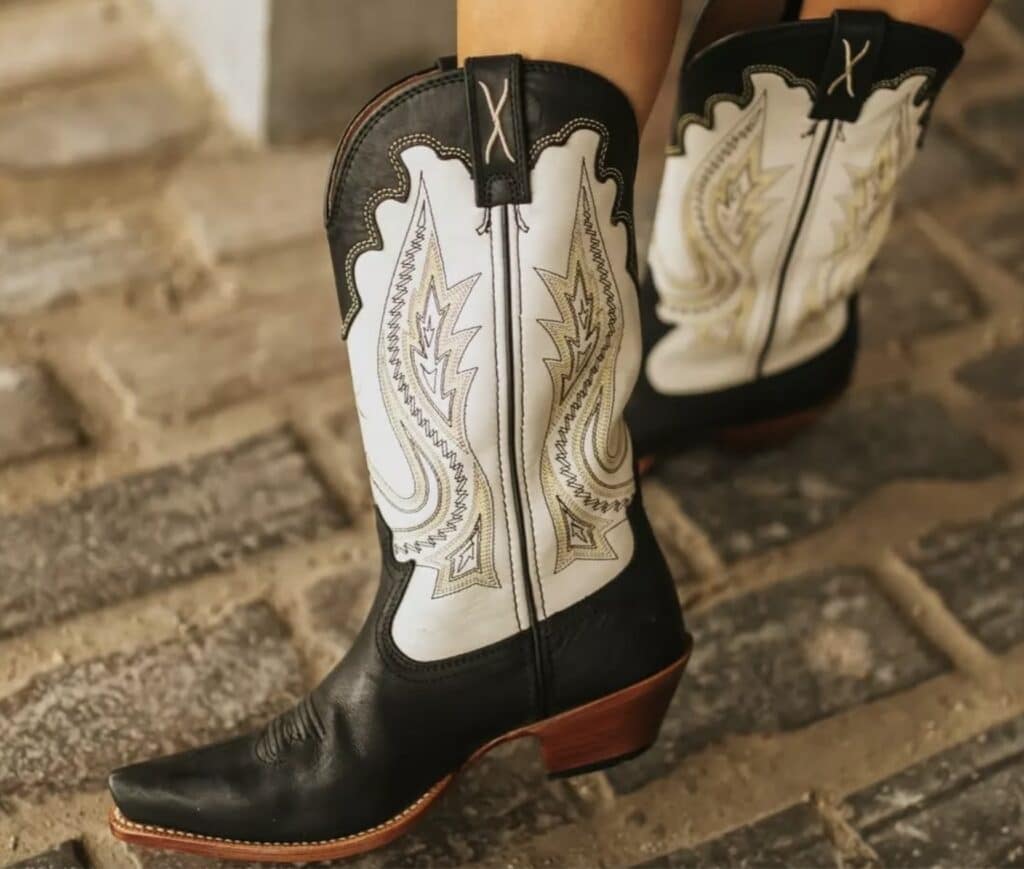“For more than a decade, [New Balance] has mislead consumers by making unqualified claims that certain of its sneakers are Made in the U.S. when a substantial portion of these shoes, including the soles, are imported.” That is what Truth in Advertising, Inc. (“TINA”) asserts in the complaint that it filed with the Federal Trade Commission (“FTC”) on Monday, accusing Boston, Massachusetts-based footwear giant New Balance of running afoul of the regulator’s Made in USA Labeling Rule and harming consumers, as well as “honest American companies trying to compete with one of the world’s largest manufacturers of athletic shoes,” in the process.
According to the newly-filed complaint, TINA asserts that “for far too long New Balance has brazenly violated Made in USA origin laws,” which prohibit the labeling of a product as Made in the U.S. “unless the final assembly or processing of the product occurs in the U.S., all significant processing that goes into the product occurs in the U.S., and all or virtually all ingredients or components of the product are made and sourced in the U.S.” Specifically, the advertising watchdog alleges that New Balance has been “knowingly flout[ing] the FTC’s Made in USA standard, and deceptively capitaliz[ing] on consumers’ preferences to buy American-made products” by inappropriately marketing and selling footwear as “‘MADE in the US.’”
“On the heels, sides, and tongues of shoes, boxes and tissue paper that shoes are packaged in, tags attached to the shoes, and on webpages and social media posts that advertise New Balance shoes,” TINA argues that New Balance “labels at least a dozen models (not accounting for different sizes, genders, and colors) … as made in the United States without properly disclosing that a substantial portion of the sneakers are imported.” In addition to “deceptively” labeling its products and product packaging with U.S.-made language, New Balance goes a step further, per TINA, as such false claims are “amplified by its other Made in USA marketing” on social media and on its e-commerce site “where the company lists numerous shoes that incorporate the phrase ‘Made in US’ or ‘Made in USA’ in the actual shoe name.”
When New Balance does make the necessary disclosures to alert consumers about the presence of foreign-made components, including in “integral parts of these shoes,” such as the soles, TINA contends that these disclosures do not meet the FTC standard, which requires that such information be clearly and conspicuously presented to consumers.
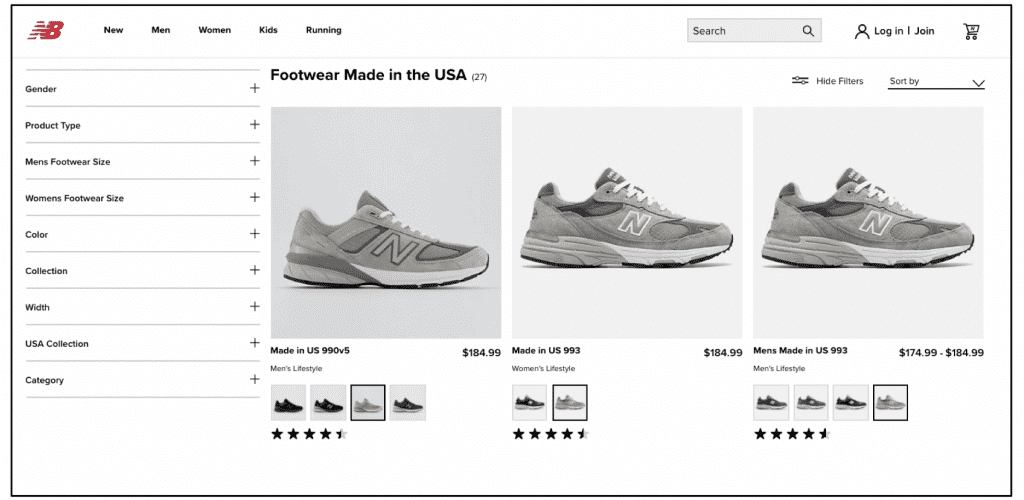
For instance, TINA asserts that “the only indication” that New Balance makes “that the shoes are not all or virtually all made in the United States is an ambiguous qualifying statement that the shoes contain ‘a domestic value of 70% or more,’ which generally appears in inconspicuous places well removed from the Made in USA marketing messages and labels.” Such “fine print qualifiers” are problematic, the watchdog asserts, as “it is unclear what New Balance means by ‘a domestic value of 70% or greater’ as the company never defines what it means by ‘domestic value,’ never explains how it assesses the amount of such domestic value, and never clearly identifies in its marketing which parts of the shoes are imported.” (It is worth noting that the FTC does not maintain a bright-line, percentage-based standard to define “virtually all.”)
Beyond that, TINA claims that “the typical placement of the [New Balance] disclosures is such that the majority of consumers will never see them.” The disclosures that appear on physical products/packaging, for example, are insufficient, per TINA, because “not only are they in small print separated from the U.S.-origin claims but as online shopping continues to grow, many consumers will not see them until after they have made a purchase (if at all).” As for the disclosures that appear online, such as on New Balance’s website, TINA states that “they require consumers to scroll down the webpage below the ‘Add to cart’ button, click on ‘more’ to open up social media captions, or examine webpages that are separated from the product listings.”
While TINA bases the bulk of its complaint on the “Made in USA” labeling rule that went into effect this summer, the Connecticut-headquartered nonprofit organization states that “the standard for marketing products as made in the USA has been in effect – with New Balance’s full knowledge – for decades,” and thus, the newly-enacted rule merely codifies longstanding FTC policy and practice. In fact, New Balance has known about the rule for decades, according to TINA, since the “all or virtually all” language “was first used in joint cases filed by the FTC against New Balance and another sneaker manufacturer, Hyde Athletic Industries, 25 years ago.” (“At that time, the FTC dropped its claims against New Balance … such that New Balance’s deceptive U.S.-origin advertising was never fully addressed,” per TINA.)
With the newly-codified “Made in USA” rule in place, TINA argues that FTC “now has a powerful and efficient tool it can use to bring New Balance to justice, put an end to the company’s deceptive Made in USA labeling, and effectively protect consumers and honest businesses from the company’s long-running deceptive Made in USA marketing.” As such, TINA urges the FTC to “open an investigation into New Balance and take appropriate enforcement action.”
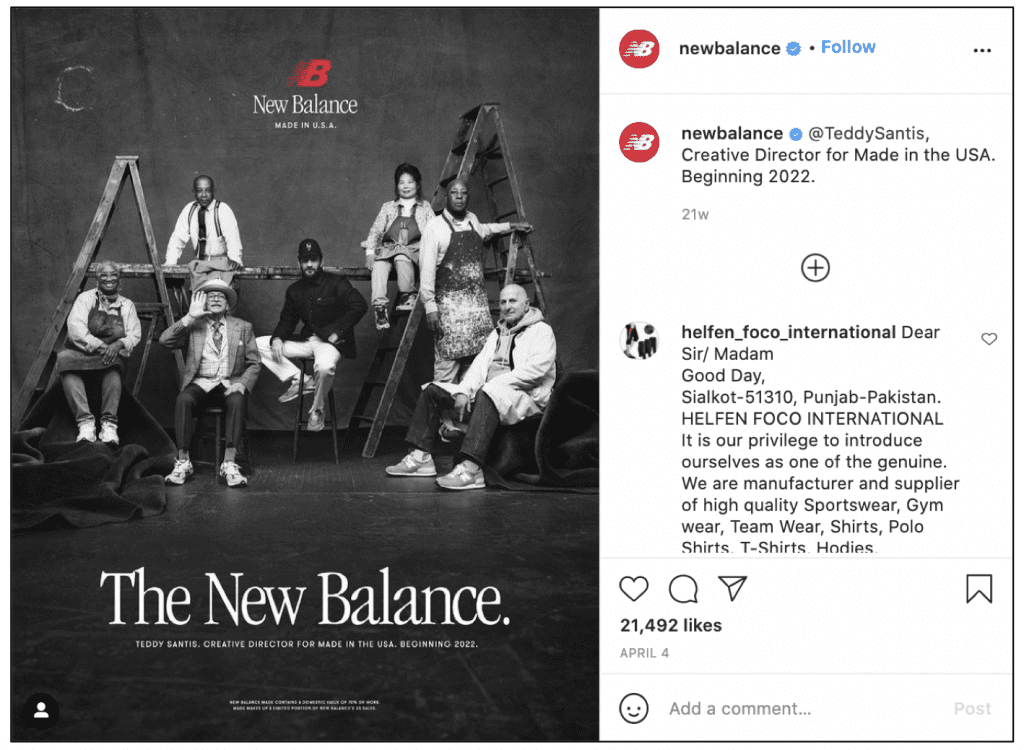
In terms of the new FTC rule, it is worth noting that it does not extend to all “Made in USA” claims in advertising, and the agency “declined to adopt a definition that includes a list of specific examples but made clear that the definition of label extends beyond labels physically affixed to a product.” It is clear, however that the rule “only covers ‘labels’ appearing in ‘all contexts, whether, for example, they appear on product packaging or online,’” Thompson Hine LLP attorneys David Michael Schwartz, Scott Diamond, and William Matthews stated this summer. TINA’s complaint is interesting in this regard, as it not only points to the physical “Made in USA” labels that appear on New Balance shoes and corresponding packaging, but also cites the company’s use of the specific “Made is US” title for a collection of footwear, including in social media ads.
There is no guarantee that the FTC will initiate a probe as a result of TINA’s complaint. Nonetheless, as Schwartz, Diamond, and Matthews have stated, the enactment of the final rule last month does “suggest that the FTC is ready to ramp up enforcement of its longstanding ‘Made in USA’ policies and practices and raise its profile as the agency responsible for protecting consumers from deceptive and fraudulent U.S.-origin product claims,” including by levying civil penalties of up to $43,280 for each violation of the rule.
Should the FTC initiate a probe into New Balance’s use of “Made in US” marketing, it would hardly be its first brush with Made in USA claims in the apparel/accessories space. The regulator took action against Shinola in 2016 for marketing its watches as “built” in Detroit. While final assembly of the company’s watches was deemed to have taken place in its Detroit, Michigan-headquarters, the company’s watches consisted entirely of foreign parts, according to the FTC. In connection with the matter, Shinola agreed to include language alerting consumers that while its watches may be “Built in Detroit,” they are built “with Swiss and imported parts.” The company also agreed to abandon its “Where American is Made” slogan.
As TINA noted on the heels of the FTC’s decision, “Going forward, if Shinola wanted to promote a watch containing significant imported materials as ‘built’ in Detroit, it would have to append qualifying language such as ‘with Swiss and other imported parts.’” (As of now, the majority of the company’s watches include “Shinola” and just the word “Detroit” on their faces, without “build in” or any other manufacturing-specific language.)
A rep for New Balance – which is also currently in the midst of an unrelated legal battle with Michael Kors after accusing the fashion brand of infringing its famous trademarks – was not immediately available for comment.












